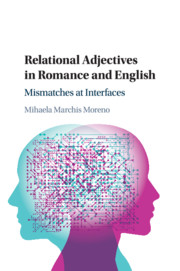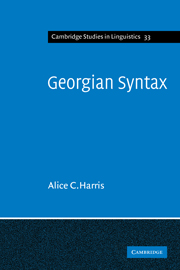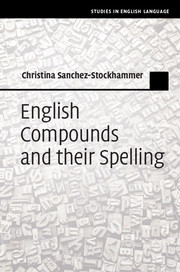Relational Adjectives in Romance and English
In both Romance and English literature, relational adjectives have received special attention due to their apparently idiosyncratic behaviour, as both nouns and adjectives at the same time. Stepping away from the usual analyses that concentrates generally on their noun-like properties, this pioneer work explains their peculiar behaviour that has so far represented a challenge for current morphological theories. Mihaela Marchis Moreno takes an empirical approach to their distribution, and the syntactic and semantic conditions that govern their use. Drawing upon key findings from previous literature she proposes a new model of how relational adjectives work both cross-linguistically, and across the various interfaces of language.
- A pioneering work that provides explanation for the peculiar behaviour of relational adjectives as both noun and adjective
- Provides a wide range of data on the formation of relational adjectives and their behaviour from both an empirical and theoretical perspective and from a variety of different languages
- Suggests new techniques for analyses that can be used for further investigation of similar topics
Product details
September 2020Paperback
9781108407557
211 pages
229 × 152 × 11 mm
0.292kg
5 tables
Available
Table of Contents
- 1. Introduction
- 2. What does morphology learn from relational adjectives?
- 3. Ontological semantics: qualifying vs relational adjectives
- 4. A classification of relational adjectives across languages
- 5. The morpho-syntactic analysis of relational adjectives
- 6. The syntax of thematic adjectives
- 7. Deverbal nominalizations
- 8. Thematic adjectives and nominalizations
- 9. The syntax of classificatory adjectives
- 10. Relational adjectives as compounding
- 11. Conclusions and questions for future research.





